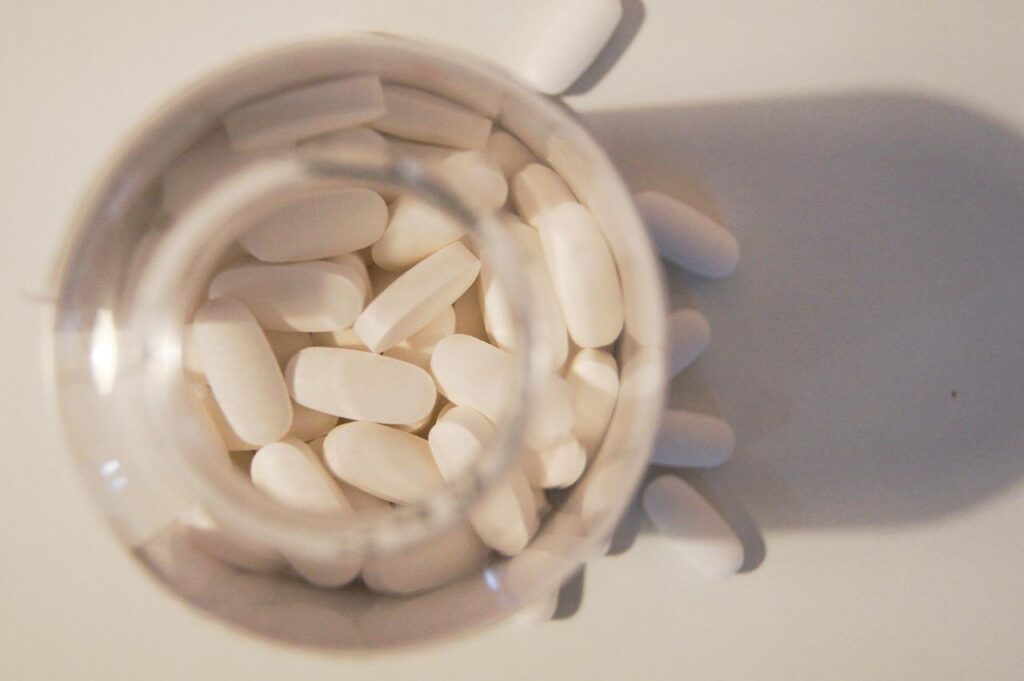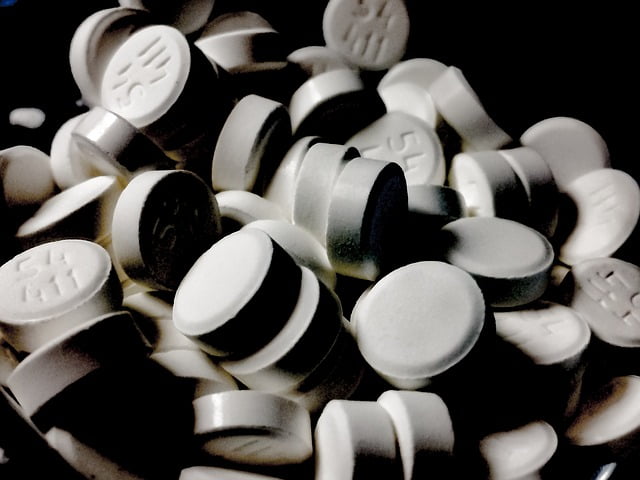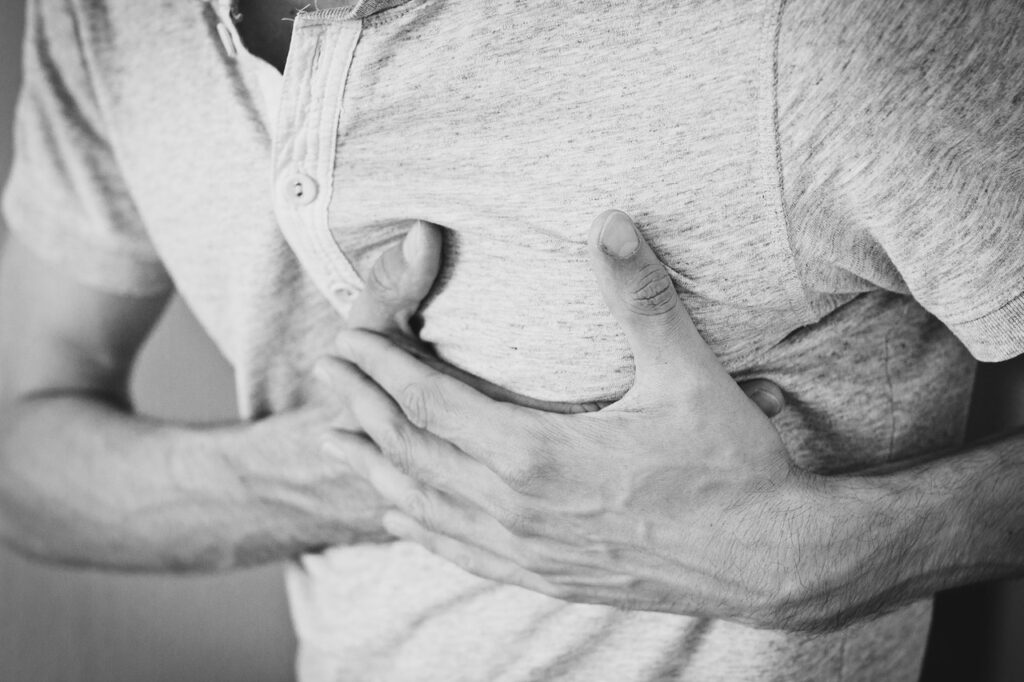- Home
- Addiction Detox
- Ativan Detox
Ativan Detox
Ativan is a substance that, while having several medicinal benefits, carries the risk of addiction.
Detoxing from this substance can spark a variety of withdrawal symptoms, influencing an individual’s physical and mental health.
What Is Ativan?

Ativan, the brand name of the drug Lorazepam, is a substance known as a benzodiazepine.
These are medications taken to ease anxiety and help people who struggle to fall asleep, but they are also used to support individuals going through addiction detox.
While having several benefits, Ativan carries an addiction risk, meaning that the body can become dependent on it to function if used frequently.
In the UK, the drug is only available via prescription for this reason.
When Ativan addiction strikes, individuals find that their body chemistry has become so used to the drug’s presence that it compels them to continue taking it on a regular basis.
Treating this dependency begins with carrying out detox, but this can trigger new dangers.
When Is Ativan Detox Necessary?

Detox is the primary way that addiction rehab looks to help the body break its dependency upon a certain substance.
Not every kind of addiction, however, will require this, so how do you know when detox is necessary?
For those who take Ativan on a regular basis, detox is necessary when they are unable to stop using it as a result of their body’s response to being sober.
The cause of this bodily response is explained below, but if the body reacts in a severe way to being sober, and a way that makes individuals feel very uncomfortable or unsafe, then detox will be required to help them beat their addiction.
What Happens When Individuals Detox From Ativan?

Detoxing involves individuals stopping their substance use to force the body to cope without it.
What this does, however, is upset the chemical balance that the body has formed throughout the addiction, causing it to react aggressively.
This instinctive reaction to sobriety from the body manifests in withdrawal symptoms, a range of uncomfortable and dangerous effects that compel an individual to submit and satisfy their cravings.
What withdrawal symptoms are triggered by Ativan detox?

Everyone detoxing from Ativan can experience different withdrawal symptoms.
The body’s reaction to becoming sober can vary from person to person, but there is a wide range of effects that are known to occur with this form of withdrawal.
Cold symptoms
It is incredibly common for drug withdrawal to cause symptoms that individuals would otherwise associate with having a cold or the flu, and Ativan detox is no different.
Individuals commonly experience:
- Headaches
- Fever
- Shaking
- Sweating
They can also become sensitive to bright light.
Heart complications

Heart activity is often how the body chooses to respond to stress or panic.
It beats fast when we are scared or nervous, and similar responses occur during Ativan withdrawal.
Mild symptoms can occur including higher blood pressure and a faster heart rate, with a minority of people experiencing heart palpitations or even cardiac arrest.
Stomach problems
Much like the heart, the stomach is a common area for withdrawal symptoms to strike.
Cramps and abdominal pains can occur, as can symptoms that are usually associated with a stomach bug including nausea, vomiting, and diarrhoea.
Stomach problems such as these can cause individuals to lose weight and become physically weaker.
Poor mental health

Withdrawal impacts an individual’s psychological well-being just as much as it does their physical body.
Not gaining relief for cravings can lead individuals to experience bouts of anxiety, dysphoria (frustration and dissatisfaction), and depression.
In more serious cases, these can also trigger individuals to have suicidal thoughts and impulses.
It is also known for individuals to be at risk of panic attacks due to the psychological distress caused by withdrawal.
Unusual emotional and behavioural activity
Individuals can behave in strange ways during withdrawal, often acting out of character.
They can have aggressive outbursts, act erratically or be irritable around friends and family.
Emotional lows are also common, with individuals feeling sad or numb to the world around them.
Difficulty sleeping

The chemical turmoil going on inside an individual’s body as it tries to adjust to sobriety means that other hormonal processes can be influenced and made less effective.
One such process is that of falling asleep.
Insomnia is very common with Ativan withdrawal, as are the states of restlessness and fatigue that result from poor or irregular sleep.
Cognitive issues
How an individual thinks can be greatly impacted by withdrawal.
Struggling to concentrate, general confusion, forgetfulness and feeling detached from the world are all common symptoms.
Aches and pains

The body can become its own punching bag during Ativan withdrawal, triggering several kinds of aches, pains and stiffness, especially in the joints and back.
Muscle spasms are also common
In more serious cases, individuals can be at risk of seizures which can be potentially lethal.
How Long Does Ativan Withdrawal Last?

When detoxing from Ativan, individuals can feel the impacts within just a few hours of being sober.
Overall, the process of withdrawal can take from 2 weeks to even a few months depending on the severity of the initial addiction.
A timeline of Ativan withdrawal

Time Timing Management Schedule Organisation Concept
After taking their last dose of Ativan, individuals can experience withdrawal as soon as 10 hours later, but in most cases, they do after about a day.
For the initial few days of the body responding to sobriety, symptoms tend to be of the cold or stomach bug kind.
A few days into the process, withdrawal’s impact on the body reaches its peak.
This means that symptoms are at their most uncomfortable and painful, with behavioural, cognitive, and physical effects fully manifesting.
Specific symptoms will vary from person to person.
Heading into the second week of withdrawal, individuals tend to notice that their symptoms begin to decrease in severity.
However, it is common for rebound symptoms to occur during this time as the body kicks out a few final symptoms before fully calming down.
While the duration of withdrawal can vary, the worst of it has often passed after two weeks.
For a small number of people, Post-Acute Withdrawal Symptoms (PAWS) will begin at this point, often taking the form of mild cognitive and physical symptoms.
Supporting Individuals As They Detox From Ativan

While detoxing from Ativan is very taxing on the mind and body, there are sources of support that individuals can access to make the process easier.
This can take several forms.
Drug treatment

Because the body’s physical response to withdrawal is what makes Ativan detox so difficult, a key way of supporting those experiencing it is to give them medications that calm the body down and reduce the negative impacts of withdrawal.
For example, Melatonin – a hormone strongly linked with the process of falling asleep – can be provided to dampen painful symptoms and help individuals combat insomnia, body aches and restlessness.
Drug treatments are able to provide immediate relief, which helps individuals endure the detox process.
Controlled and monitored prescriptions can make the withdrawal process safer and more effective.
Professional supervision and guidance

While they can make the process of detox easier, some doctors and addiction specialists choose to see drug treatments as a backup approach, first trying to tackle withdrawal without them.
This approach usually involves detox being a much more careful, gradual process.
Rather than going ‘cold turkey’, individuals can gradually reduce their Ativan consumption, with doctors observing their progress to ensure that it is safe and appropriately paced.
This allows the body to gradually adjust to sobriety, with it being weaned off its dependence on Ativan without triggering a sudden change in body chemistry and the withdrawal symptoms that this causes.
Emotional support

A final source of support focuses less on the process of withdrawal itself, instead attending to the individual going through it.
Feeling alone and isolated in their experience can make the physical and psychological impacts of Ativan detox feel much worse.
To fight this, emotional support can be introduced to help boost an individual’s emotional stability and make them feel cared for.
This primarily takes the form of therapy, within which an addiction specialist or support group can talk to an individual, encourage them to open up about their experiences and be their outlet for worries, doubts, and anxieties.
How Rehab Recovery Can Help

If you are currently struggling with Ativan addiction or detox, or you know someone who is, it can be an overwhelming situation to be in.
Withdrawal might seem impossible to overcome, and sufficient help can feel non-existent.
But it isn’t. If you need help, reaching out to Rehab Recovery is a great way to get support and gain advice as to how to handle your relationship with Ativan.
For support and guidance, call us at Rehab Recovery on 0800 088 66 86.


